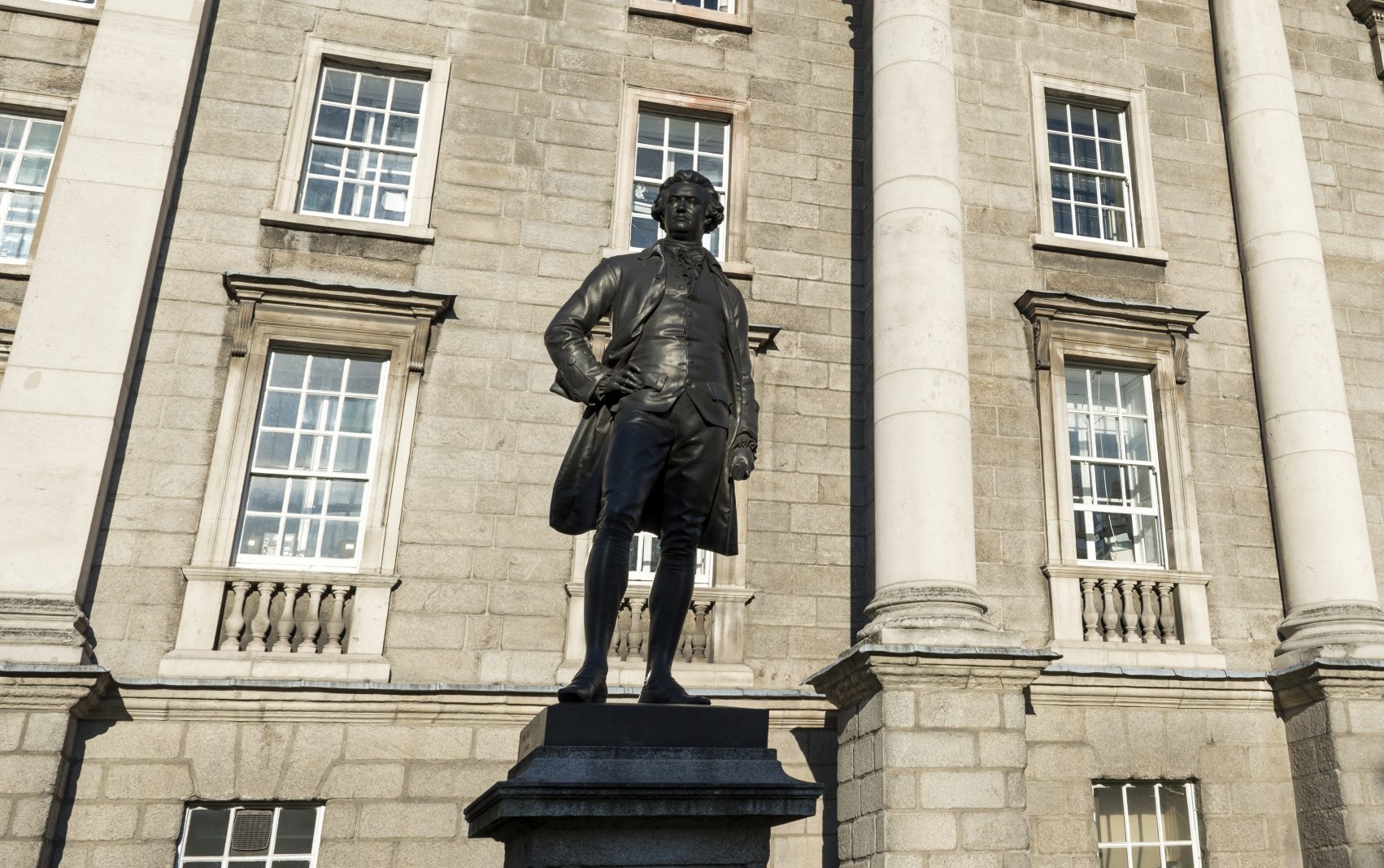Libertarians Should Do Foreign Policy
Justin Raimondo posted on antiwar.com a thoughtful critique of my essay in the recent issue of the American Conservative.
It seems to me that we both agree on the need for those of us who want to reduce the role of government in the economic and social spheres — and who take action to achieve that goal — to apply the same libertarian principles when dealing with government political-military intervention abroad. But we may be addressing different target audiences.
One problem in any discussion about “libertarians” is coming up with a definition of who these guys are anyway. Free-market conservatives? Republican free marketers? Anarchists on the political right and left? Civil libertarians? Members of the libertarian parties? Social-cultural liberals? Randians? And the list can go on and on.
I admit that my focus has been on what could be referred to as Washington-centric libertarians, those politicians, officials, activists, pundits, journalists, academics, think tankers, etc. who proclaim their commitment to free-market principles and are trying to influence the policies that are being made in Washington and those who make them.
In fact, it would not be an exaggeration to argue that decisions on foreign policy/national security are made by small political and policy elite in Washington, unlike, say, education and the environmental policies that are affected by a wider public debate. That explains why a small group of neoconservative intellectuals and operators could play such a critical role in forcing the U.S. into a long and costly military intervention in the Middle East.
And my arguments is that for many reasons Washington-centric libertarians have not played a role as countervailing non-interventionist force in this debate. Or worst, some of them have been applying their libertarian principles to help mobilize support for U.S. political-military interventions in the Middle East and elsewhere.
Policy oriented libertarians have been quite successful in shaping some aspects of U.S. regulatory, tax, environmental, and immigration policies — as practitioners in government agencies and Congressional staffs or as analysts, columnists and television pundits. But they have been missing in action when it comes to the foreign policy and national security arenas. So when Republican officials and lawmakers searhc for foreign policy experts or when the media search for foreign policy pundits they take a look at a list that includes neo-conservatives of various persuasions.
Like Justin Raimondo I hope that Dr. Ron Paul becomes the next U.S.president and that more libertarians get elected to public office and I applaud all those who are trying to make that possible. But until that happens there is no reason why libertarians should not form alliances with other policy oriented types or infiltrate congressional staffs as part of an effort to try to influence the foreign policy debate in Washington instead of agreeing to the current informal division of labor under which they are being tasked to do economic and trade policies and the neo-conservatives are in charge of foreign policy/national security.
